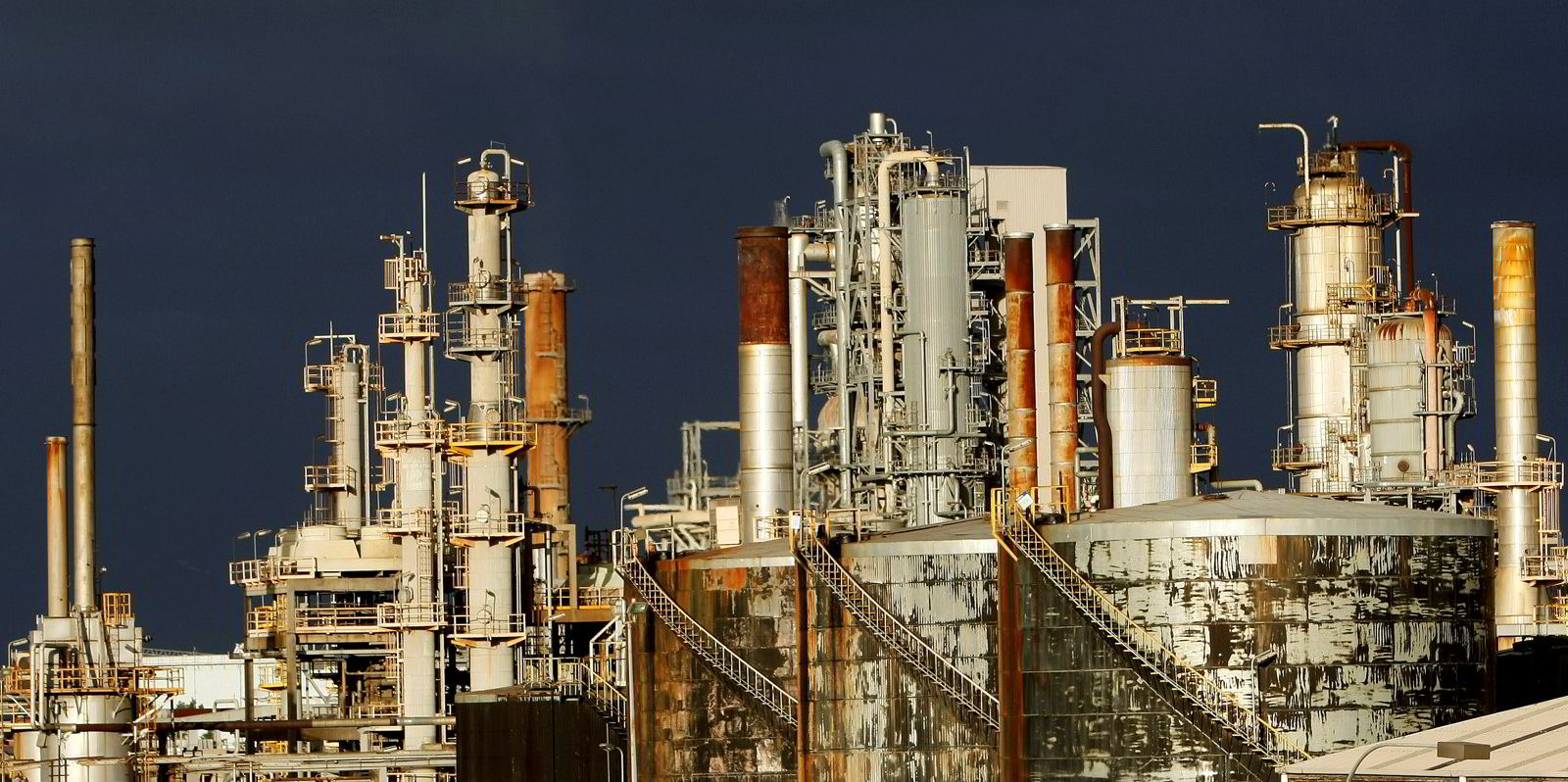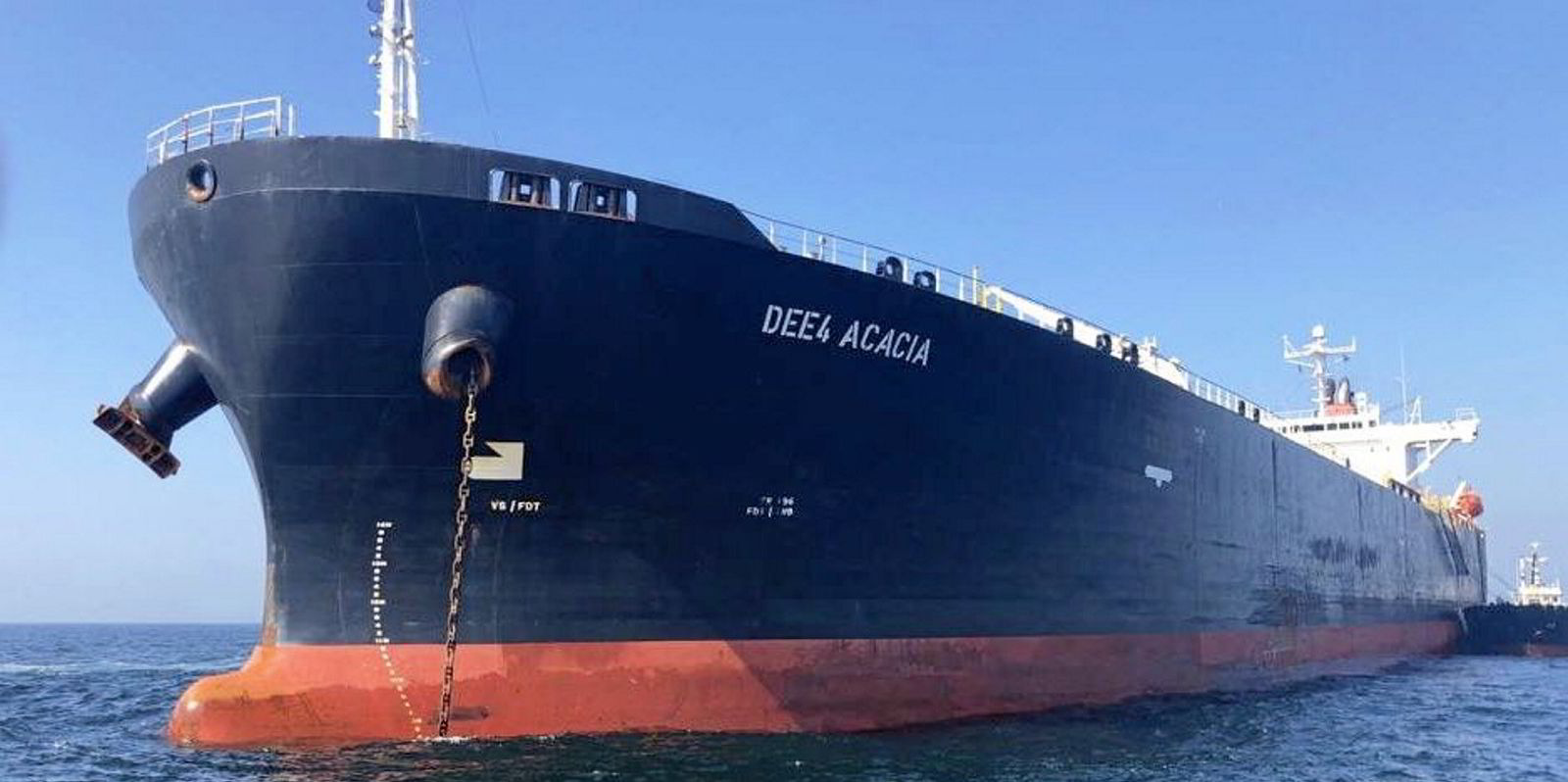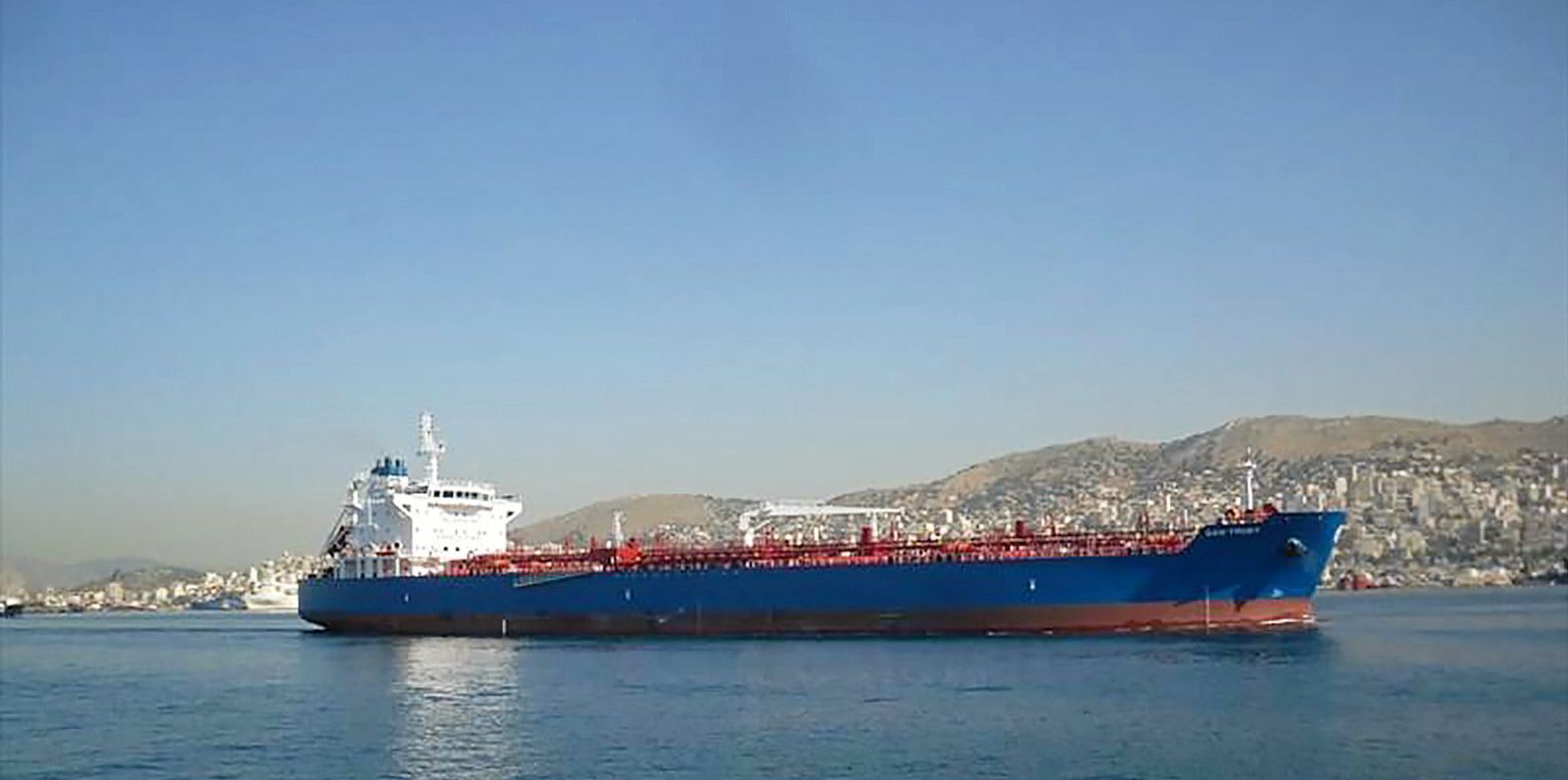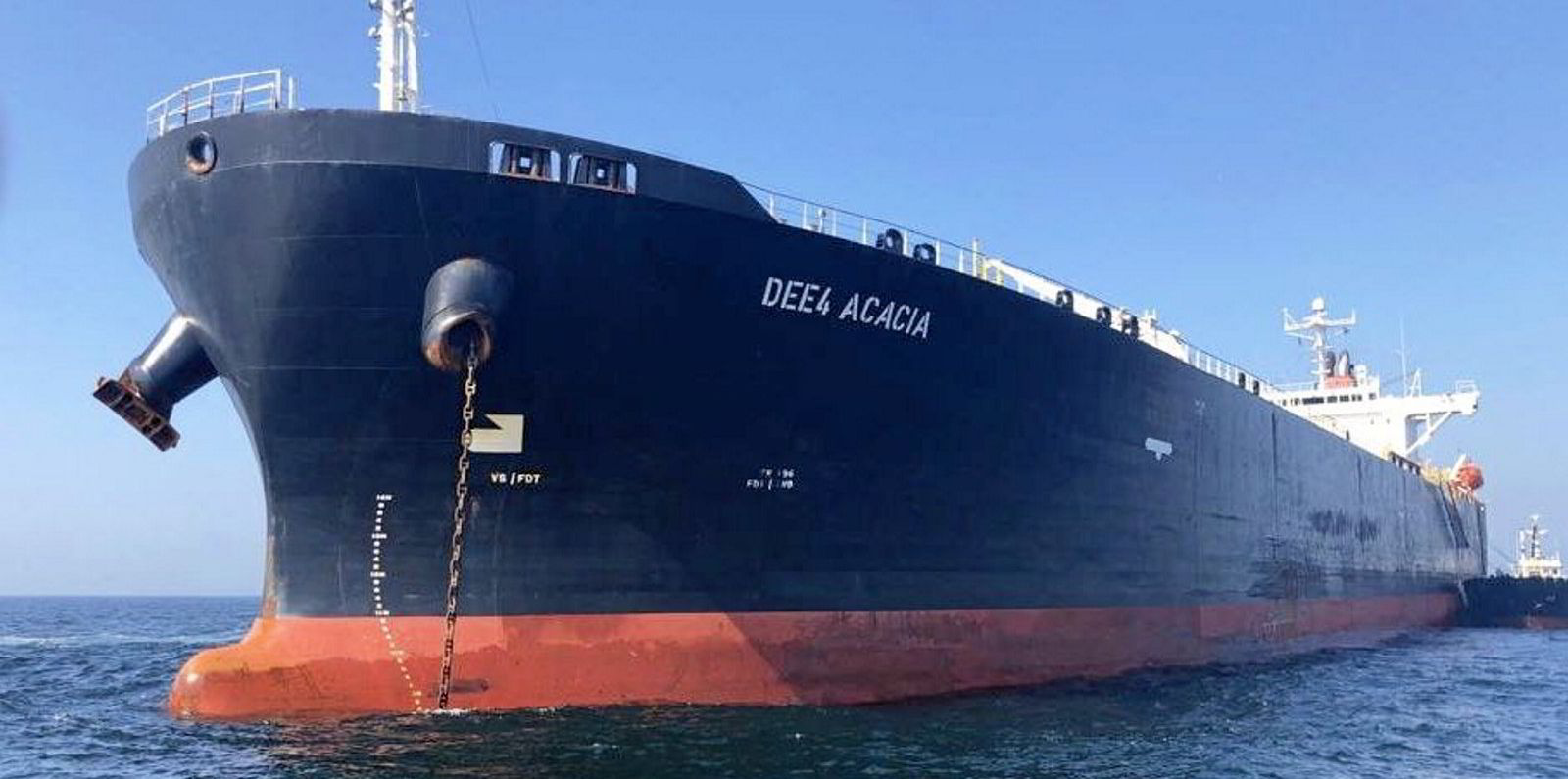ExxonMobil has announced its plan to close the Altona refinery for good due to weak profitability, paving the way for Australia to import more fuel and less crude.
Tanker experts have generally expected the ongoing refinery closures in Australia to boost demand for MR product tankers but reduce aframax and suezmax requirements.
In a statement issued on Wednesday, the energy major said the refinery with a processing capacity of 90,000 barrels per day (bpd) will be closed because it is no longer “considered economically viable”.
“The Altona refinery ... will be converted to an import terminal,” ExxonMobil said.
The decision was based on “the competitive supply of products into Australia, declining domestic crude oil production, future capital investments and the impacts of these factors on operating earnings.”
Last October, BP said it would permanently close the 146,000-bpd Kwinana refinery and covert it to a fuel terminal for similar reasons.
The planned shutdowns are expected to leave Australia with at most two refineries — Ampol’s 109,000-bpd Lytton plant and Viva Energy’s its 120,000-bpd Geelong facility — by the end of this year.
Ampol has stated its refinery could be shut due to financial pressure.
Ongoing trend
Faced with competition from larger, more modern refineries elsewhere in Asia, Australian refiners have been reducing their capacity over the past decade.
Between 2012 and 2015, BP closed its 102,000-bpd Brisbane refinery, Ampol shut its 135,000-bpd Kurnell refinery and Shell stopped its 75,000-bpd Clyde plant.
The pace of decline has accelerated again since last year, with weak demand and margins amid the Covid-19 pandemic taking its toll.
“It is becoming increasingly unsustainable financially to run a refining operation ... in a developed country like Australia,” Banchero Costa head of research Ralph Leszczynski said.
“This is not competitive [against] importing refined products directly from places like India, China and the Middle East.”
Vessel-tracking data suggests fewer suezmaxes and aframaxes could be needed to ship crude to the country.
Kpler figures showed Australian imported 10.9m tonnes of crude in 2020, of which 8.37m tonnes were on aframaxes and 2.52m tonnes on suezmaxes. The Altona refinery received more suezmax shipments than aframax cargoes.
While refinery closures in Australia are expected prompt more demand for MRs in long-haul shipments, Gibson Shipbrokers’ research head Richard Matthews said the impact will likely be seen when domestic fuel demand recovers from the pandemic.
"I think the benefit will appear more later in the year or next when demand normalises and Australia finds itself with a bigger fuel deficit," he said.






